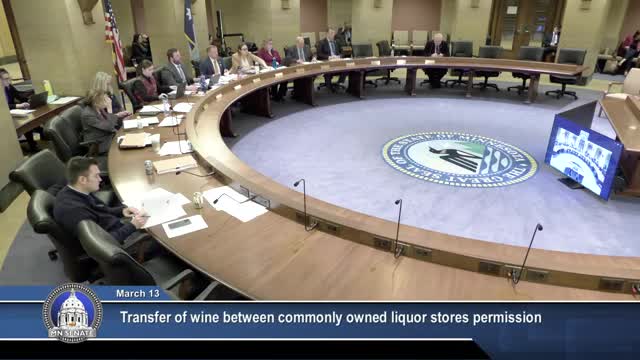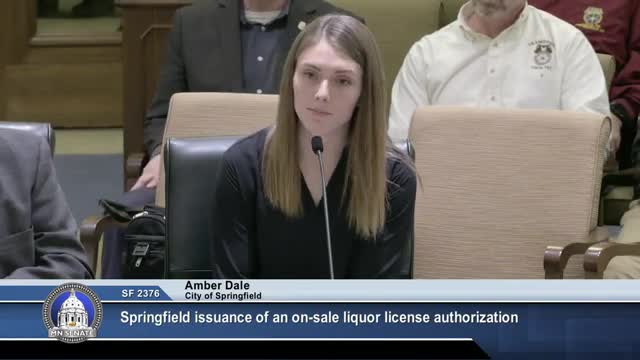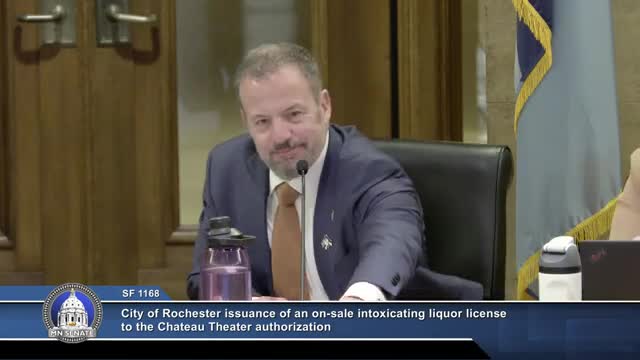Article not found
This article is no longer available. But don't worry—we've gathered other articles that discuss the same topic.

Wine‑transfer bill prompts strong opposition from wholesalers and unions; amendment adopted and bill laid over

Senate hearing on social‑district bill yields bipartisan support and safety questions

